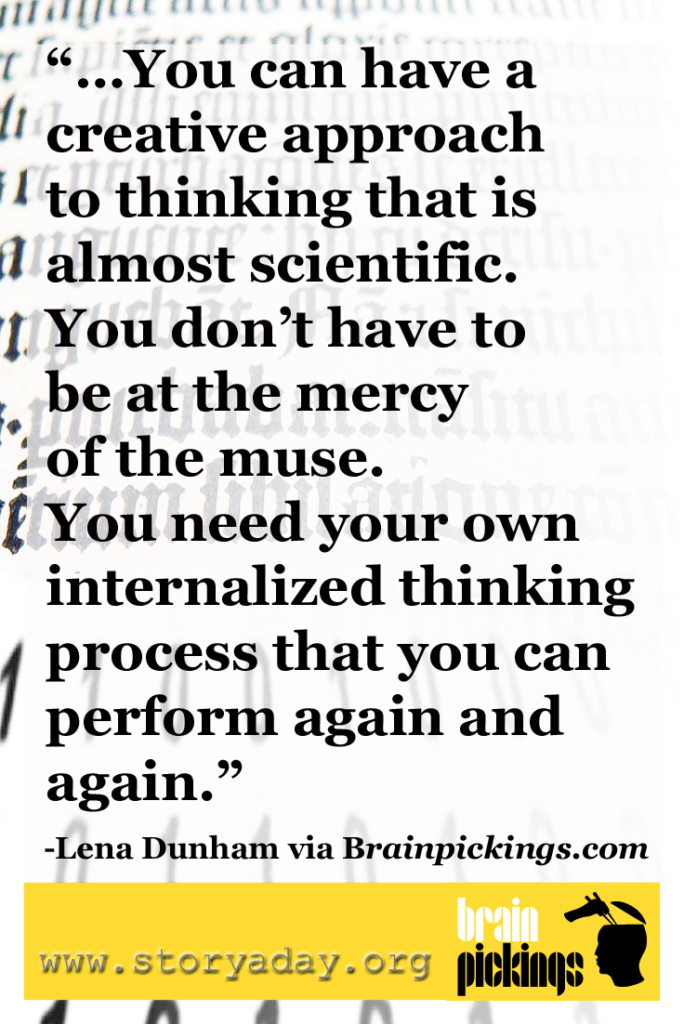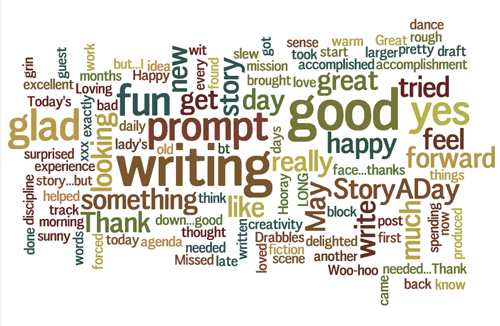Life is Pain — and you get to choose: either the Pain of Discipline or the Pain of Disappointment.
via Dear You Who Doesn’t Want to Do that Hard Thing
| A Holy Experience.
The thing is: choosing the pain of discipline doesn’t guarantee you won’t also get the pain of disappointment:
- Work hard on your story and it may be rejected
- Turn up to write every day and still fail to craft best-selling commercial fiction
- Write your stories but fail to find the right readers.
Why Not Skip Straight To The Pain of Disappointment?
Because as long as you are showing up, Doing The Thing, writing the story, losing yourself int he words; disappointment will remain a fleeting thing.
 Disappointments will only ever be momentary because you will have on-demand access to the joy of those moments when the writing is going well and you sense something greater than your every day self, just at the edges of your consciousness.
Disappointments will only ever be momentary because you will have on-demand access to the joy of those moments when the writing is going well and you sense something greater than your every day self, just at the edges of your consciousness.
No matter if anyone buys your work, the writing itself will make you a better, happier, more-fulfilled and easier-to-live-with person.
(Added to which, if you do the work even when the discipline is painful, you are doing the work that may eventually turn in to something people want to read. They can’t read your aspirations. They can’t read anything you haven’t had the discipline to sit down and write, edit, improve and publish!)
The pain of discipline or the pain of disappointment?
I chose the latter for too long. Now I’m trying to embrace the former.
What I’ve Discovered About The Pain of Discipline.
- It’s only painful until you get started.
- The hardest part about writing is the ‘butt in chair’ part. And the keeping the butt in the chair part.)
Which is why I say:
Try StoryADay this May.
- No, you won’t write a worthwhile story every day.
- No, you may not manage to write a complete story draft every day.
- Yes, you will write every day.
- Yes, you will finish a story some days.
- Yes, you will come back every day and break through the Pain of Discipline. The Stumbling Block of Starting, The Resistance, The Fear of Failure, The Myth of Perfection.
Do that for 31 days and you will be more of a writer than 99% of people who claim the title.




![why do [these people] never [verb][nouns]?](https://storyaday.org/files/2015/01/IMG_1454-e1421204111875.jpg)




![We can see [nouns]](https://storyaday.org/files/2015/01/IMG_1459-e1421204029533.jpg)
![We can hear [what?]. We can smell [what?]](https://storyaday.org/files/2015/01/IMG_1460-e1421203996911.jpg)



